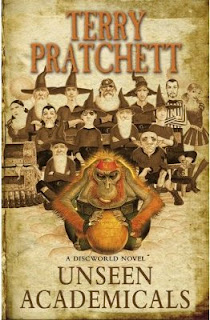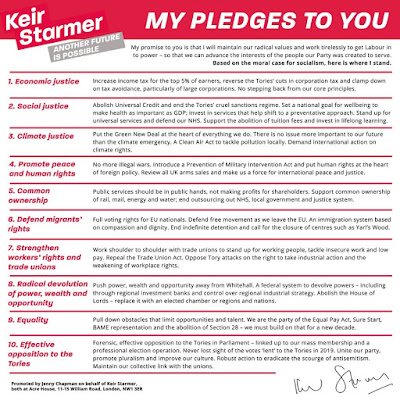Advanced, Forthright, Signifficant

Reviewing Molesworth is a dangerous game. As Philip Hensher points out in his introduction to the Penguin edition, it's all too tempting to try to imitate Molesworth's unique narrative voice. And you only have to glance over at some of the Amazon reviews to see how unwise this is chiz. But the failed attempts highlight what an achievement that voice is: 400 pages of note-perfect schoolboy ramblings that will leave you wondering whether Willans and Searle really made it all up or whether they just pinched an unwitting pupil's exercise books.
Molesworth (which I have borrowed from the lending library of Mrs Tomsk) is a collection of four books set in a 1950's prep school called St Custard's ("built by a madman in 1836"). Nigel Molesworth is the self-proclaimed "goriller of 3b", and an acute observer of school life. Naturally he spends much of his time decrying the oppressive teachers (particularly the headmaster Grimes and Sigismund the mad maths master), but the other boys aren't held in high regard either, being variously "swots bulies cissies milksops greedy guts and oiks". Among the wonderful caricatures are his "grate friend" Peason, his brother Molesworth 2 ("it panes me to think I am of the same blud"), the head boy Grabber, winner of the mrs joyful prize for rafia work in dubious circumstances, and of course fotherington-tomas ("Hullo clouds hullo sky").
So far, so timeless. But from the viewpoint of the 21st century one of the main charms of the books is their depiction of fifties life. Molesworth is a "Young Elizabethan", still subject to latin lessons and the cane, but fired up by the prospects of a new technological age. So we see the invention of the Peason-molesworth Atommic Pile "fitted with radio and plug for electric razor" and cheer on the introduction of TV (viewed with suspicion by parents for its potential to corrupt young minds, a worry long since transferred to video games). There are also fascinating little cultural artefacts, such as radio malts and treens, which I usually had to look up to make any sense of. Although the fifties were a long time before I was born and I didn't go to a prep school, the books still manage to conjure up a warm feeling of nostalgia for me.
If this all sounds too cosy do not worry, as Molesworth is a cynical as they come and his accounts are full of little satirical asides. Hensher goes as far as claiming that they give you "a prism through which to view the world", which is overstating their power somewhat, but they certainly have a satisfyingly sharp edge. That said, Molesworth is not above a lot of 1066-style punnery either, and all types of humour inbetween.
While the Molesworth voice is primarily the work of the text, the books are immeasurably enhanced by Ronald Searle's drawings. I will never be able to get past stage 6 of "Batsmanship" without cracking up. Searle also excels at Heath-Robinsonish devices (The molesworth production line for latin sentences) and galleries of masters, schoolboys and parents ("But we always give him gin!").
A word of warning: Molesworth was originally published in serial form and this shows in the highly concentrated humour. You won't get the best out of it by trying to read all four books in one go. Better to appreciate it in small doses, like a fine whisky, both warming and fiery in equal measure.
Molesworth
by Geoffrey Willans and Ronald Searle
First published as Down with Skool! (1953), How to be Topp (1954), Whizz for Atomms (1956) and Back in the Jug Agane (1959)



I was given these by Mother SpaceSquid when I was a child, and loved the first three (I found "Back in the Jug Agane" became a bit of a struggle halfway through), which makes Willans one of only a handful of writers that span two generations of Squids. Even after all this time, I have been known to dismiss people as being a bit too fotherington-tomas-y (most recently our new Prime Minister, I believe, though Nutter disagrees on the grounds that fotherington-tomas is a wet and a weed).
ReplyDeleteI agree about Back in the Jug Agane. At the time I wasn't sure whether it was really heavier going or if I was just suffering Molesworth fatigue from reading the first three in quick succession.
ReplyDelete